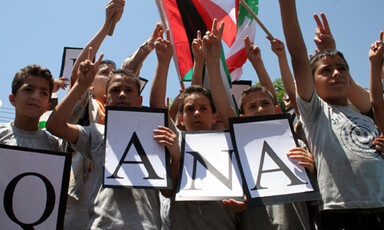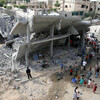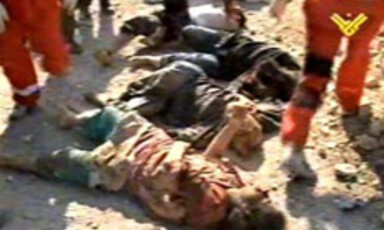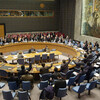
"We suffer together, we leave together"
Rafah 31 July 2006
After two weeks of waiting with my parents and brother at the Egyptian border crossing, I returned home to Rafah, Gaza from a trip. We waited because the Israelis didn’t allow us to cross the border. We spent two days outside the border terminal in Egypt and 12 days inside the border terminal. 4,000 Palestinians waited like this, some for three weeks. Sometimes we got food and water, sometimes not. I don’t remember if I really slept or not during twelve days inside the terminal. I didn’t eat a lot because really I didn’t want to go to the bathroom. It wasn’t a bathroom actually - four walls and a piece of plastic for the door. Nine Palestinians died there. Read more about "We suffer together, we leave together"








